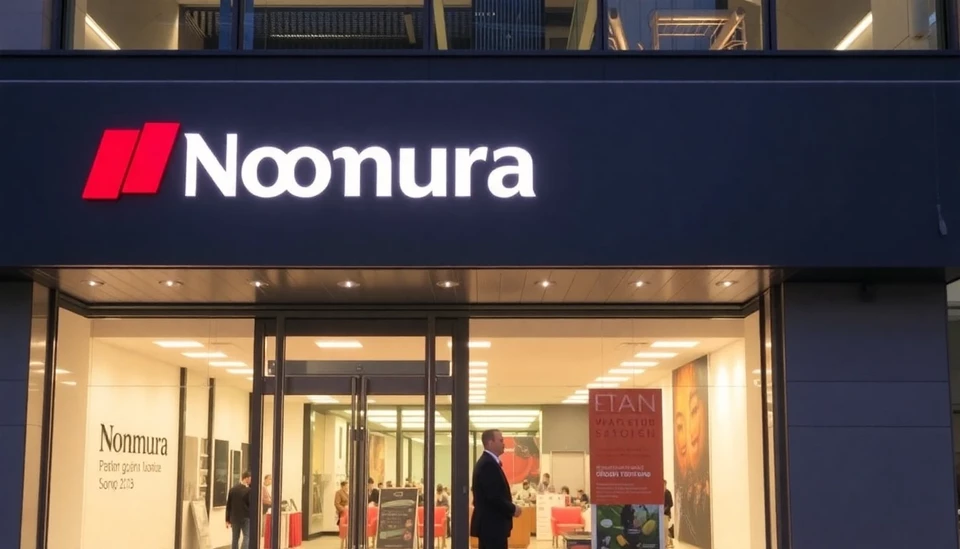
In a high-stakes clash emblematic of Japan's booming private equity market, KKR & Co. Inc. and Bain Capital have found themselves embroiled in a heated dispute over the control of a $4 billion Japanese company. The fracas is not only a reflection of the aggressive strategies employed by top investment firms in the region but also a clear indication of the growing allure of Japanese assets in the wake of economic recovery and reform.
The altercation focuses on the ownership and management of a significant player within Japan’s vibrant business landscape, raising questions about dominance, collaboration, and the implications for investors looking to capitalize on local opportunities. Both firms, known for their robust investment portfolios and transformative approaches, have drawn battle lines as they seek to maximize their stake in the target company. This fierce competition showcases the increasing viability of private equity as an investment avenue in Japan, as firms jostle for position in a market that has historically been dominated by domestic players.
Industry observers note that the confrontation highlights the shift in Japan’s economic climate, moving away from its previous reputation of being stringent and closed off to foreign investment. The Japanese government has actively promoted initiatives aimed at liberalizing the market, making it easier for foreign investors to engage with local companies. As a result, this has led to a surge in private equity activity, with deals becoming more frequent and larger in scale.
In recent years, Japan's private equity landscape has experienced significant transformations. The country's evolving corporate governance standards, coupled with an increased focus on shareholder value, has attracted both domestic and international investors looking to enhance operational efficiencies and drive growth. As traditional corporate structures give way to modern investment strategies, firms like KKR and Bain have strategically positioned themselves to take advantage of these shifts.
The current dispute is indicative of the dynamic nature of private equity transactions in Japan, where cultural nuances and corporate governance must be navigated carefully. KKR and Bain, both seasoned in dealing with diverse markets, are prepared to leverage their expertise and financial clout to secure a competitive edge in their battle for control. Legal teams and advisors on both sides are also expected to play pivotal roles in shaping the outcome of this clash.
As the news unfolds, stakeholders are keenly observing the strategies each firm employs in addressing this tumultuous situation. The strength of their respective negotiating positions, the backing of investors, and the potential for a resolution will undoubtedly serve as a case study for future private equity endeavors in Japan. This battle might not only determine the fate of the involved companies but could also set precedents for how foreign investors engage with Japanese firms moving forward.
As Japan continues to emerge as a focal point for private equity investments, the KKR and Bain showdown will likely resonate across the financial world, drawing attention from analysts, investors, and policymakers alike. The outcome of this brawl could influence future market dynamics and investor confidence in one of Asia's most promising economic landscapes.
In conclusion, as investor sentiment remains high and the competitive landscape continues to evolve, the KKR vs. Bain saga serves as a critical junction marking the maturation of Japan’s private equity scene. Stakeholders will be watching closely to see which firm will emerge victorious and how this clash may reshape the contours of private investment in Japan.
#PrivateEquity #KKR #BainCapital #JapanEconomy #Investment #FinanceNews #MarketTrends #CorporateGovernance #EconomicRecovery
Author: John Harris




